We’ve long extolled the virtue of gratitude. Some have even called it the “social glue” that fortifies relationships and serves as the backbone of human society.
But what is gratitude? Where does it come from? And how can we foster it?
Dr. Robert Emmons is perhaps the world’s leading scientific expert on gratitude. He is a professor in the Department of Psychology at UC Davis, the editor-in-chief of The Journal of Positive Psychology, and director of the Emmons Lab, a long-term research project designed to create and disseminate a large body of scientific data on the nature of gratitude, its causes, and its potential consequences for human health and well-being.
His research has been featured in dozens of outlets, including The New York Times, The Wall Street Journal, and NPR.
He’s also written five books on the subject, including the most recent: “Gratitude Works! A Twenty-One Day Program for Creating Emotional Prosperity.”
As he shares on today’s show, there’s no downside to being grateful. Yet it goes beyond a feeling. As he says, rather than feeling gratitude based on our circumstances, we must take it on as an orientation, a lens to life.
We can use gratitude as a way of framing our experiences and thus enjoy an upward spiral of goodness.
Show highlights include:
- Why Robert chose to study gratitude? Opportunity to make progress with understudied, unexplored topic.
- What surprises Robert most about gratitude? Physical health benefits and consequences, including better sleep, lower blood pressure and living longer.
- Defining gratitude: More than a feeling of appreciation and being thankful. It’s affirmation and recognition that goodness exists.
- Benefits of gratitude: Heals, energizes and changes lives by rescuing us from negativity.
- Robert’s ARC model of gratitude: Amplifies the good, Reduces the negative and Connects us to others.
- Biological roots to basic emotions: Anger, fear, disgust, but gratitude is a complex secondary emotion.
- Stance toward life: Attitude and life orientation full of opportunities and possibilities.
- How to experience gratitude? It doesn’t come easily or effortlessly. Develop it in frequent manner.
- Pervasive thankfulness through lens of gratitude: What you gain from gratitude to and from others.
- Difficult and dire situations: How can you experience gratitude? What is there to be grateful for?
- Expanding Gratitude Project: Initiative’s goals and status of funding research and studies on gratitude.
- How to incorporate gratitude? Be aware of its benefits and desire to make a difference.
- How can I make others express and practice gratitude? Teach others by being a good role model.
- Robert’s top tip: Find aspect of your life that’s difficult, and try to see it through grateful eyes.
Good words from Dr. Robert Emmons in this show:
“Gratitude is good. Gratitude works.”
“Affirmation and recognition, that’s how I like to think about gratitude.”
“I say that gratitude works because it creates an ARC in our lives.”
“(Gratitude) It doesn’t come easily or naturally.”
Additional resources:
- Dr. Robert Emmons
- UC Davis
- Emmons Lab
- “The Journal of Positive Psychology”
- Expanding Gratitude Project
- “Gratitude Works! A Twenty-One Day Program for Creating Emotional Prosperity”
- Visit westernusa.salvationarmy.org to join the fight for good in your community.
- What’s your story? Take our free email course to see why your voice matters and how to find your story.
Download this episode wherever you get your podcasts. Find show notes for this episode and more at caringmagazine.org/podcast. Connect with Dr. Robert Emmons via UC Davis.

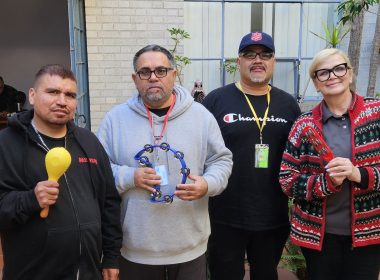
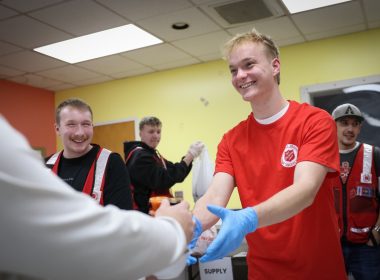
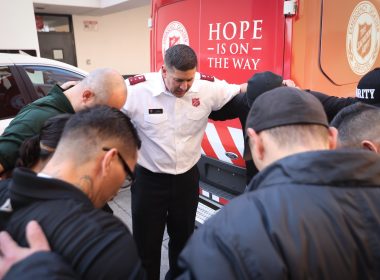



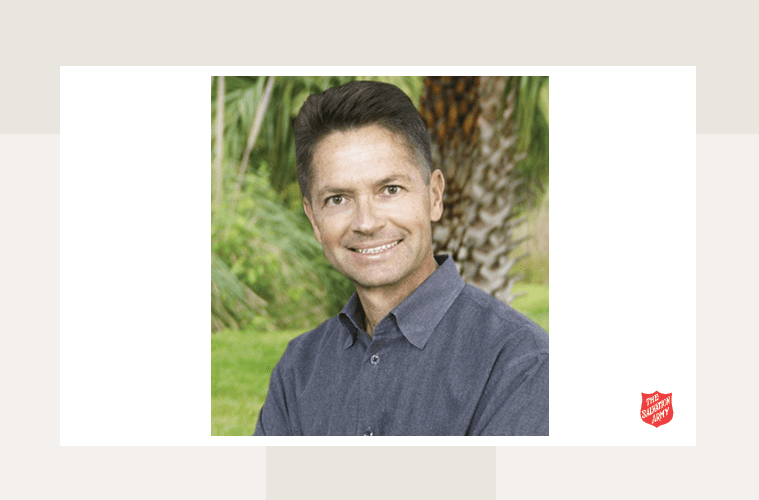
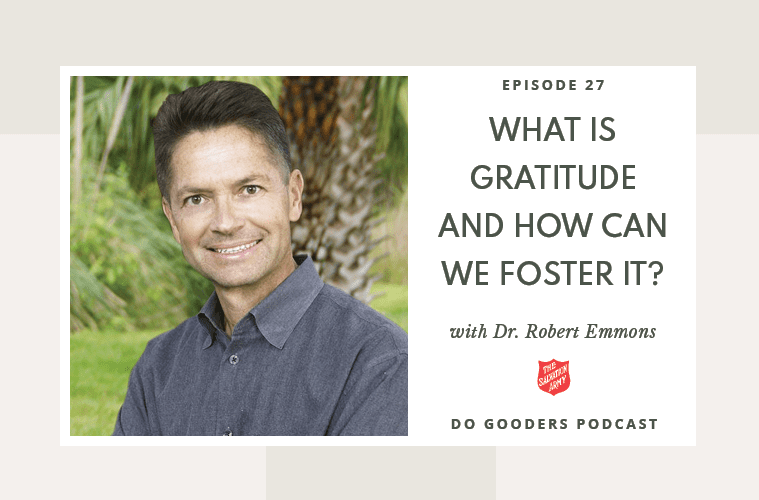
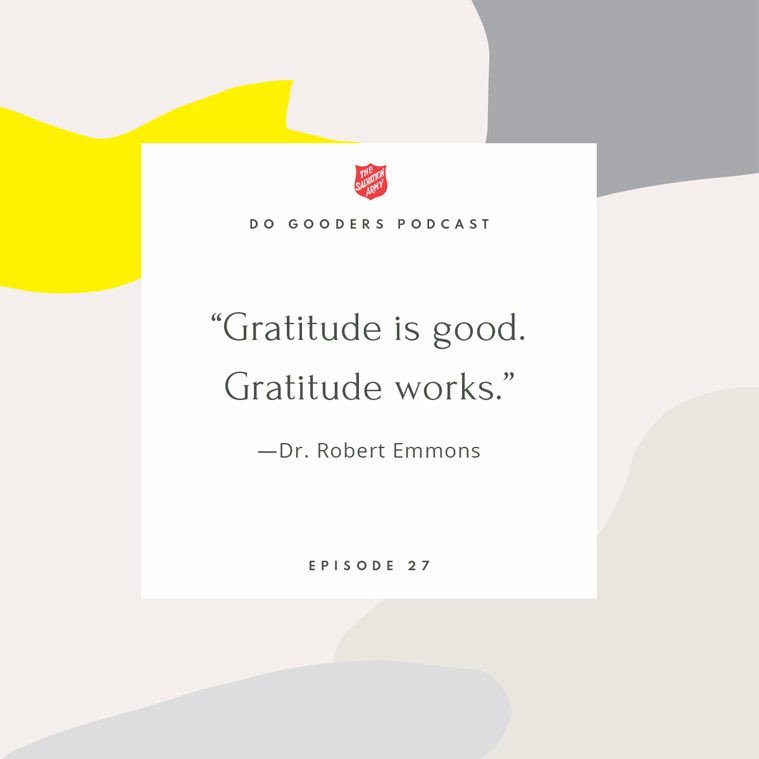
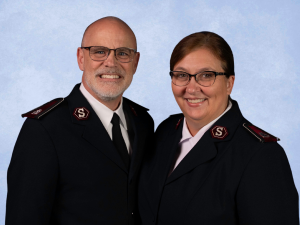

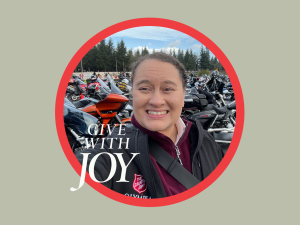

Comments are closed.